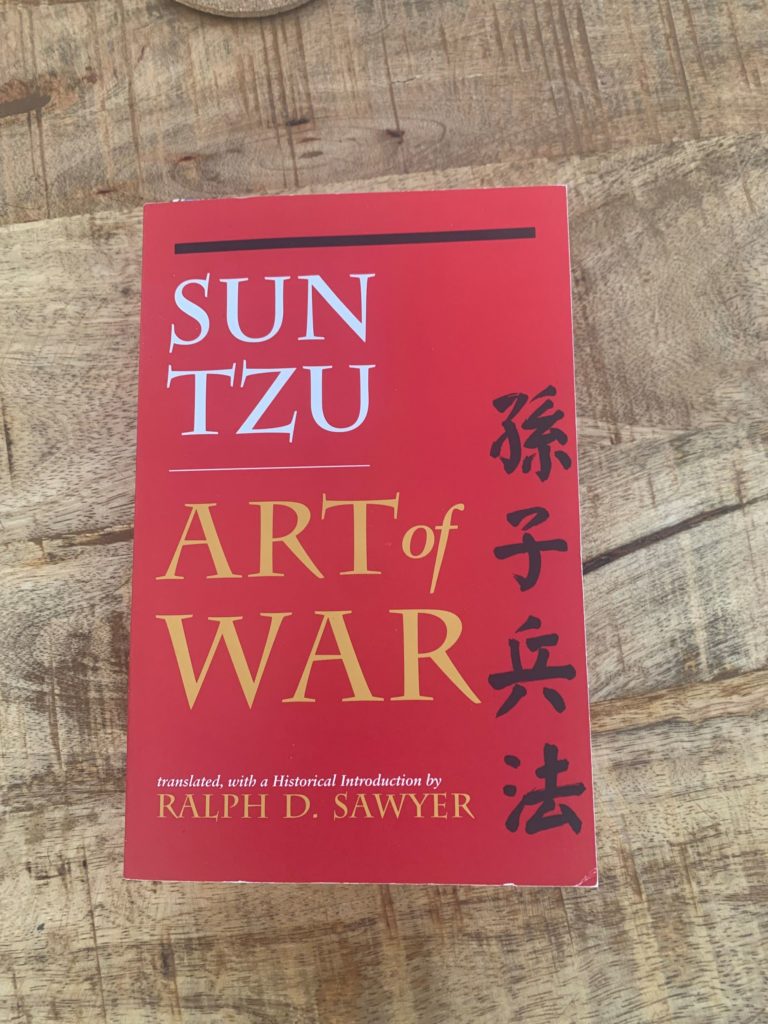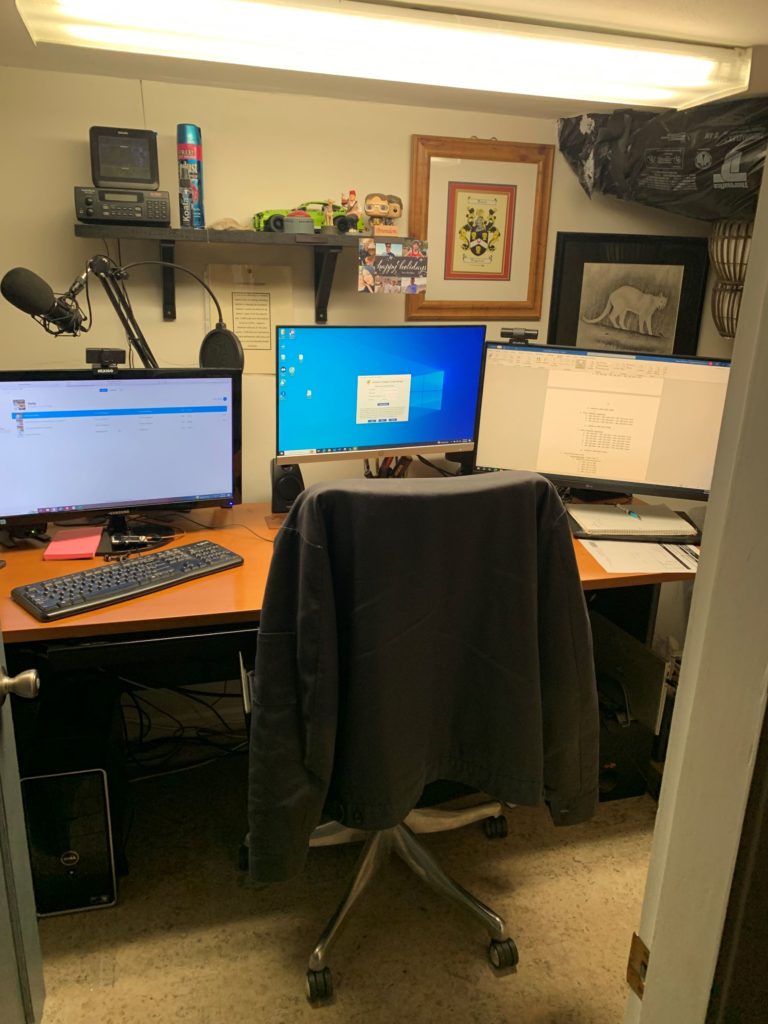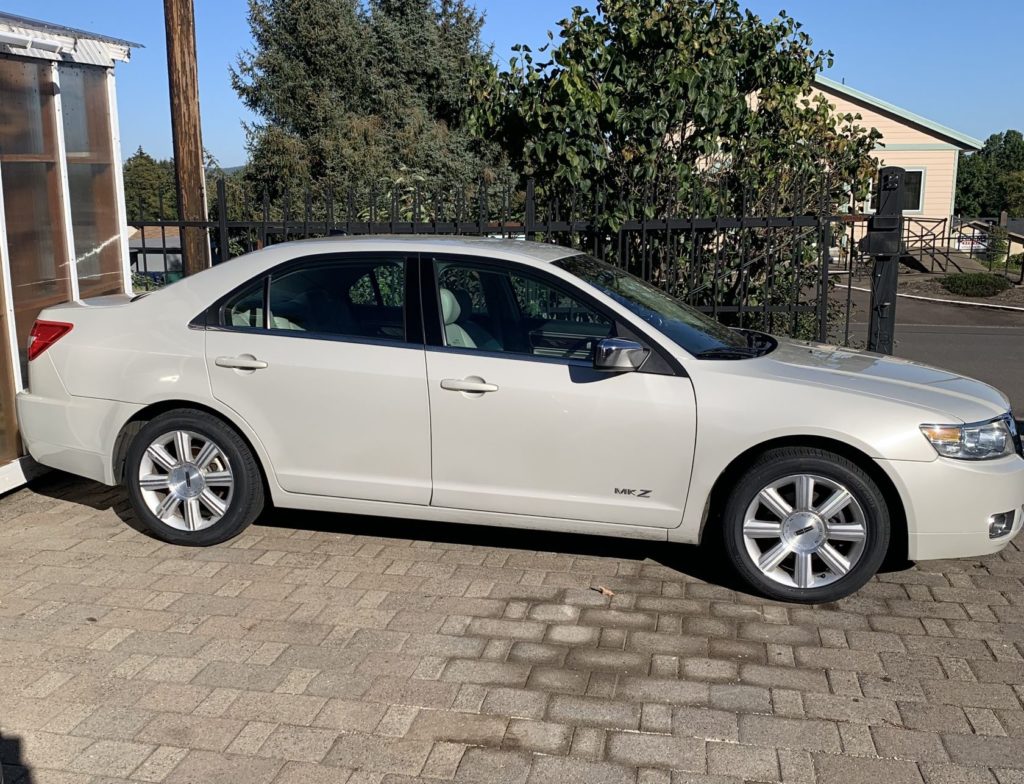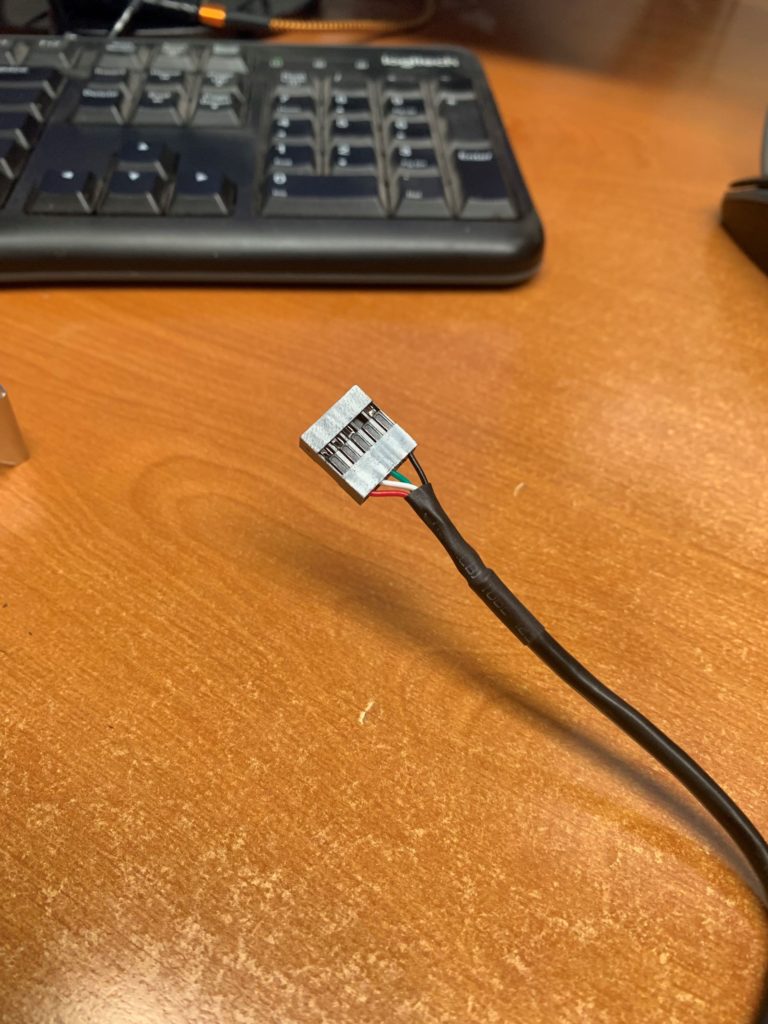Technically, this is week seven in the review of this book and it would be considered chapter six. Translation variation makes it a little difficult to search by the title of the chapter. So, it is more fruitful to search for ‘Chapter Six’ rather than ‘Vacuity and Substance’. That is a tip that I have learned throughout this process if you want to do more supplemental research.

If you are a fan of Yin/Yang then you will love this chapter. Pretty much all of the points discussed contain this sort of context. In general terms the concepts are strong versus weak, first versus second, win versus lose, whole versus divided, offensive versus defensive, you get the point.
Maybe this chapter would be more insightful if we put ourselves back 2500 years ago? A lot of what was discussed seemed fairly common knowledge today when it comes to tactics. For instance, going on offense causes the opponent to devote resources to defense. When you are focused on defense, then it is not possible to execute your own offensive strategy. Hence, it is better to be on the offense rather than the defense.
An army that can split the opponents has a strength advantage. This is because it is easier to execute power when it is concentrated. This is a pretty common realization in business. When you try to do too many things, you may dilute efforts to the very most important efforts.
The most important concept I zeroed in on this chapter was at the end. To paraphrase, it basically says that there are no guarantees in victory. Or said another way, unpredictable things can always happen. By proxy, the best plans should be somewhat fluid or able to adapt if and or when the terrain is different than planned.
I think a very good example is the tragedy with Hurricane Helene. Some people left Florida to avoid the hurricane. On the surface, it seems like a very smart idea. However, spending the week in Ashville turned out to be a fatal error. As someone that lived hundreds of miles from the South Carolina coast, I would not have figured that to be a risk. But as Sun Tzu points out, things that you cant control sometimes happen.
Ninety nine times out of 100, going to Ashville would be a win win. Escape danger and have a nice vacation. This just happened to be the unforeseeable scenario. What if I have spent my whole life saving for retirement and I get killed in a car accident at 65? Would that have been a waste? I would say that there are some times that you just cannot plan for and those are the things that you cannot worry about.
However, if you are planning your whole working for life to retire and you lose your job at 63, that is a plan that needs to have some overlay flexibility. People that take reasonable risk mitigation into account in their plans are the smart ‘generals’. I honestly didn’t think that Tzu was encouraging planning for the car wreck but it is always illustrative to go to the extreme to drive the point home.
End Your Programming Routine: It is hard for me to say that Sun Tzu has caused this philosophy to be common place or that he was simply the first to document the obvious. Regardless, it is probably good to refresh on the fundamentals because it is really common for organizations to get lost in the tress. Sometimes it happens when you just try to do one more thing and pretty soon you are doing ten mediocre tasks rather that one strong one. For that reason, it is helpful to stand back and check yourself once and a while. That is a better strategy for flexibility and flexibility is the key to more victories.








Recent Comments